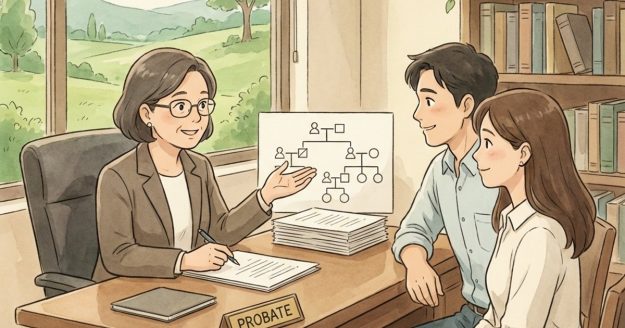Can a minor child keep some of the deceased parent’s property from creditors, and how does that work? nc
Can a minor child keep some of the deceased parent’s property from creditors, and how does that work? – North Carolina Short Answer Yes—often a minor child can keep a limited amount of the deceased parent’s personal property away from the deceased parent’s creditors in North Carolina by claiming a child’s year’s allowance. The allowance…











